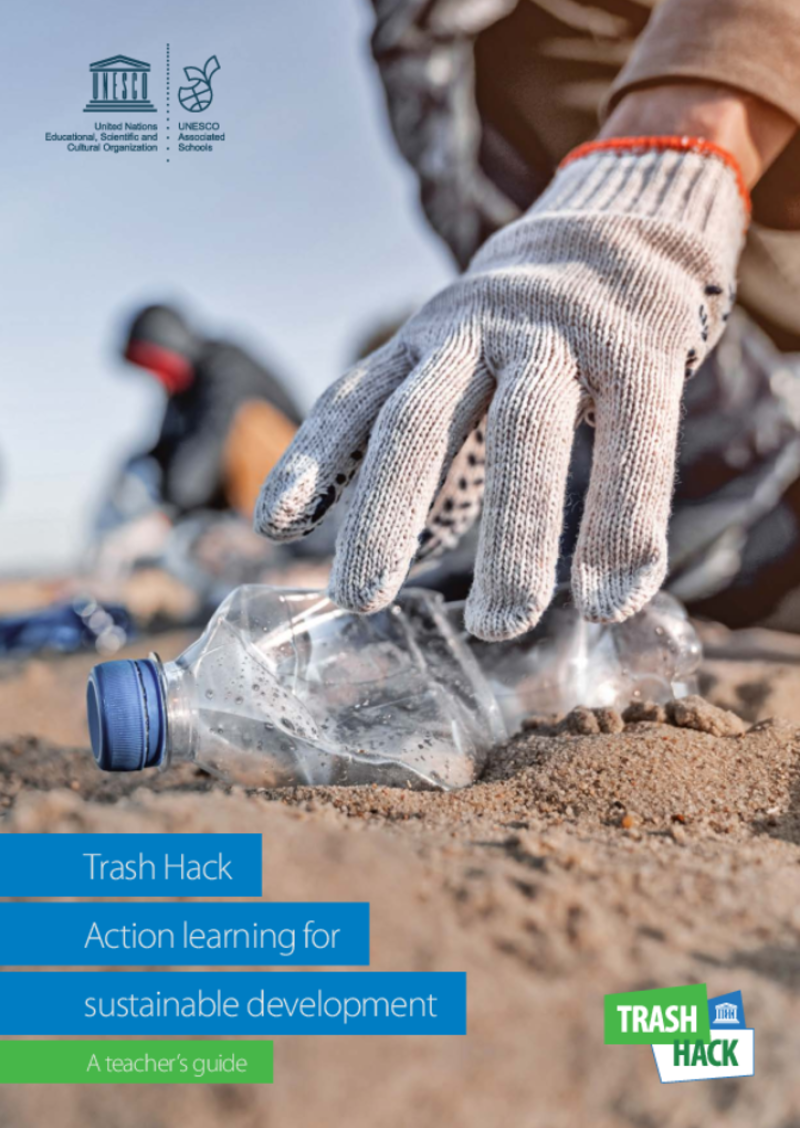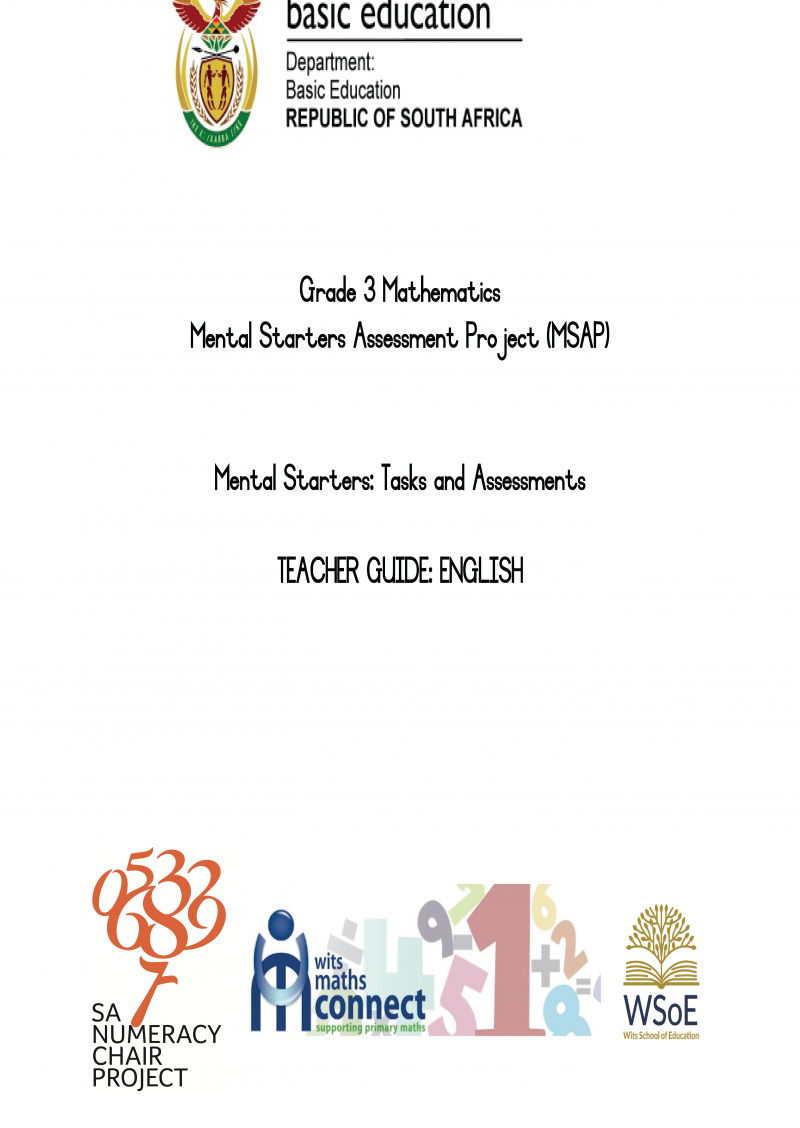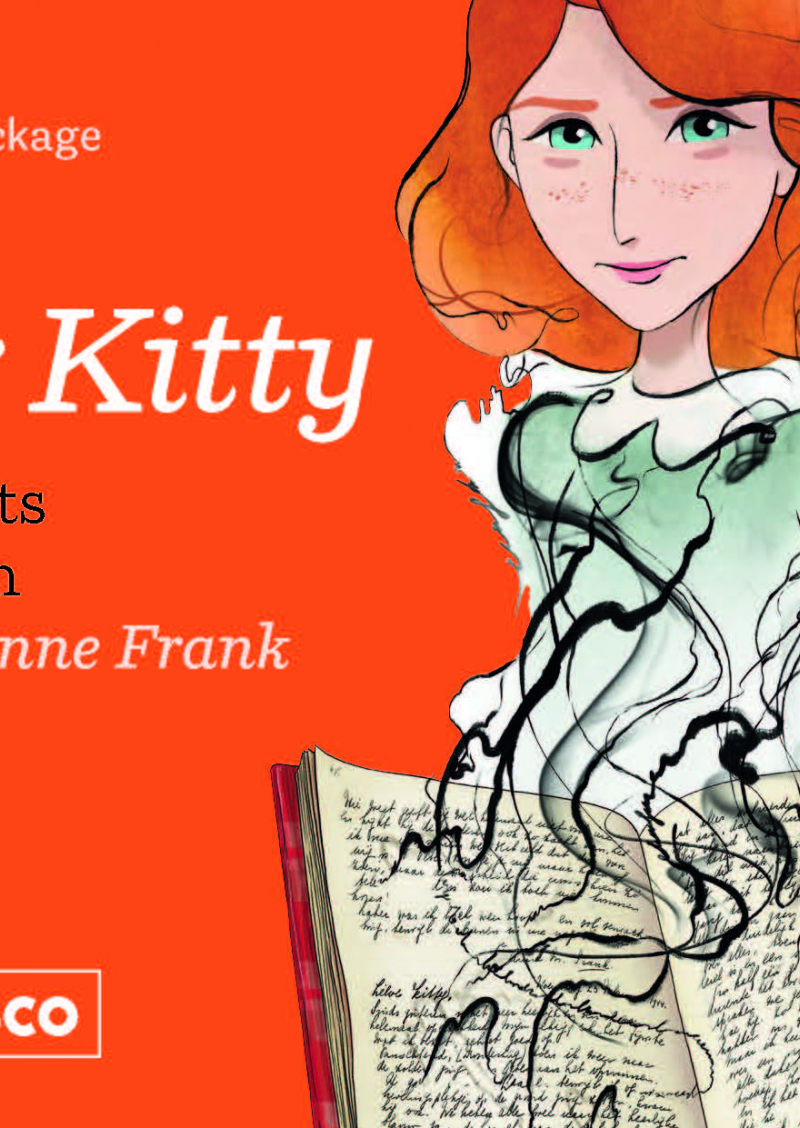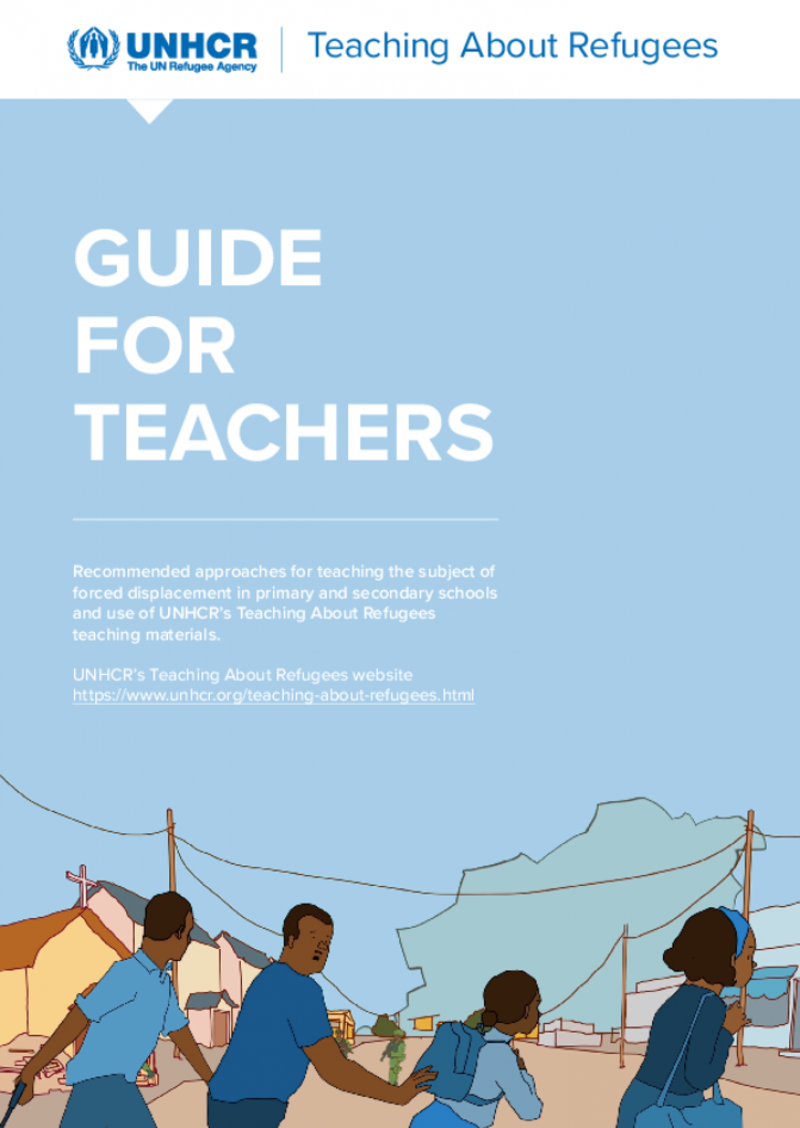Teacher Resource Centre
Displaying 1 - 9 of 9
Trash hack action learning for sustainable development: a teacher's guide
This short guide provides teachers with action-based approaches to address waste and trash management for sustainable development. It contains infographics and factsheets, inspiring initiatives taken by youth all around the world and activities that can be implemented in class or outside, over one day or several class sessions.
Media and information literate citizens: think critically, click wisely!
This pioneering curriculum presents a comprehensive competency framework of media and information literacy (MIL) and offers educators and learners structured pedagogical suggestions. It features various detailed modules covering the range of competencies needed to navigate today's communications ecosystem. This resource links media and information literacy to emerging issues, such as artificial intelligence, digital citizenship, education, education for sustainable development, cultural literacy, and the exponential rise in misinformation and disinformation. With effective use of this media and information literacy curriculum, everyone can become media and information literate as well as peer-educators of media and information literacy.
This UNESCO model MIL Curriculum and Competency Framework for Educators and Learners is intended to provide education systems in developed and developing countries with a framework to construct a programme enabling educators and learners to be media and information literate. UNESCO also envisions that educators will review the framework and take up the challenge of participating in the collective process of shaping and enriching the curriculum as a living document. The first edition and this second edition of the MIL curriculum have benefited from several series of collaborative and intercultural expert debates and recommendations. The curriculum focuses on required core competencies and skills which can be seamlessly integrated into the existing education system without putting too much of a strain on overloaded education curricula.
The target groups for the curriculum are essentially educators and learners. Educators and learners are understood in the broadest sense of the terms to include teachers at the secondary and primarily tertiary levels, persons involved in training or learning on all forms in NGOs, CSO, community centers, the media, libraries, online or offline. Given that the curriculum was developed with adaptation in mind, it can be used by various stakeholders interested in the field of MIL. Users may need to adapt the content to make it more relevant or accessible to specific target groups. The curriculum is also relevant to government officials and ministries, and other social and international development organizations.
Teaching and Learning with Living Heritage: A Resource Kit for Teachers
This resource kit includes several components that provide teachers with information on why and how to incorporate living heritage into their school based activities. It was developed as a result of the UNESCO–EU initiative on cultural heritage and education, under the European Year of Cultural Heritage in 2018, and it builds on projects across a variety of subjects developed by teacher from 10 countries.
Technology enhanced learning
This course is an introduction to technology enhanced teaching and learning.
Mathematics lesson starters for Grade 3 learners
A set of teacher guides containing each 6 Mental Mathematics Lesson Starter units for Grade 3 learners, in alignment with the South African curriculum. A different calculation strategy is in focus in each unit. These calculation strategies are taken from the curriculum. Each unit covers a particular group of connected skills, and the aim is to move learners on from counting in ones on their fingers or with tally marks on paper.
Each unit is three weeks long; it begins and ends with a short test for the learners. Marking these tests provides information for the teacher and the learners about how much they have improved in using that particular set of skills during the three weeks. Within each unit, the focus is on three types of calculations: fluency, strategic calculating and strategic thinking.
Working through the Lesson Starters in each unit should lead to improvements in learners’ performance from the pre to post-tests. These improvements show progress in mental mathematics skills and number sense.
The guide is available in 11 official languages of South Africa.
Dear Kitty: worksheets for the film Where is Anne Frank?
These worksheets are to be used with the teacher's guide "Dear Kitty: teacher's guide for the film Where is Anne Frank?".
Dear Kitty: teacher's guide for the film Where is Anne Frank?
This guide provides teachers with the necessary tools to highlight historical and current themes from the animated film "Where is Anne Frank".
It includes a preparatory lesson, a lesson to discuss the film and four detailed thematic follow-up lessons. The film and the lessons are accompanied by extensive background information and ready-to-use worksheets with information, questions and assignments.
Teacher's handbook remedial education
Remedial education programs provide responsive and flexible learning support for students as they continue to attend regular public-school classes. Remedial education targets students for whom the regular education system is not the best fit, providing them with content and skills needed to succeed in formal education.
This remedial education handbook is for primary school teachers who are already working in school settings and who want to begin a remedial education program. This handbook is also useful for education personnel such as principals, administrators, and counselors, and can be used for teacher training. It was designed for teachers and education personnel working in Arabic-speaking contexts as a self-guided reference that can be used to design, implement, and improve remedial education classes. It was developed based on World Vision’s experiences facilitating a remedial education program in a specific context (Jordan). However, its contents are versatile and can be applicable in many other contexts where children live in vulnerable conditions and require academic support and protection.
Teaching about refugees. Guide for teachers
This booklet will provide teachers with ideas and pedagogical approaches on how to teach about forced displacement and to use UNHCR's Teaching About Refugees teaching materials in their specific teaching context.






